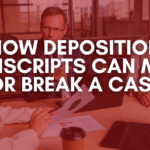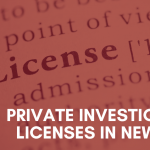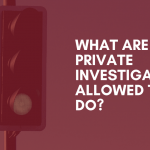Before we get into what an expert can and can’t do, we should define what an expert witness is. What it is they do exactly. Their primary function entails providing an independent expert opinion based on available information. They can work in a variety of contexts. For example, in tribunals, litigations, and arbitrations.
Generally speaking, a witness is a person giving sworn evidence in a court of law, or sometimes a tribunal. Essentially, there are two types of witnesses: A witness of fact and an expert witness.
A witness of fact might bring evidence of fact, but would not usually give their opinion. Whereas an expert witness would usually give an opinion based on their expertise in a particular field and available evidence.
What can an expert witness do?

- It is expectecd that, in a court of law, an expert witness should show independent and impartial. If deemed otherwise or to be partisan they will be discounted.
- Above all, an expert witnes has a duty to the court or tribunal. Said duty overrides even that towards their client.
- This means that expert witnesses give truthful, impartial and independent opinions. Whether these favour their client’s case or not is irrelevant.
- Expert witnesses also abide procedure rules applicable to any court or tribunal orders in any given case.
- Information provided by an expert witness must also abide by court rules and provide the opposition with a copy. The samee goes for an expert witness on the other side.
- An expert witness provides a report of their opinion and evidence. It cannot be presented in court without it.
- Most importantly, they provide an expert opinon on their particular field of expertise in accordance and relevance with the case in question.
What expert witnesses cannot do

- An expert witness cannot advocate or argue a particular side of a case. They will neither find evidence or make any suggestions as to how to proceed. That responsibility lies with the legal team.
- Expert witnesses will not provide any opinion outside of their area of expertise.
- They will neither provide evidence.
- Accepting any kind of appointment or task that might cause a conflict of interest is also beyond the permissible.
- They cannot accept any kind of condition pertaining to the outcome of a case. This would include success fees and other similar arrangements.
- Expert witnesses cannot negotiate on behalf othe their client or any other party.
If you find yourself in need of a licensed private investigator and their particular set of skills, please feel free to call us. Or simply click on this link to get in contact with one of our team members.










